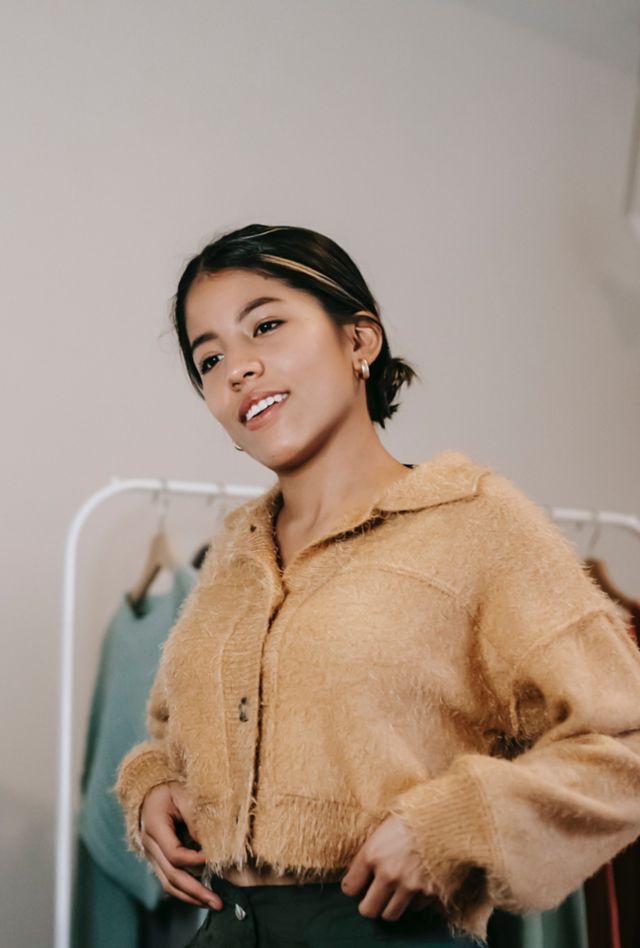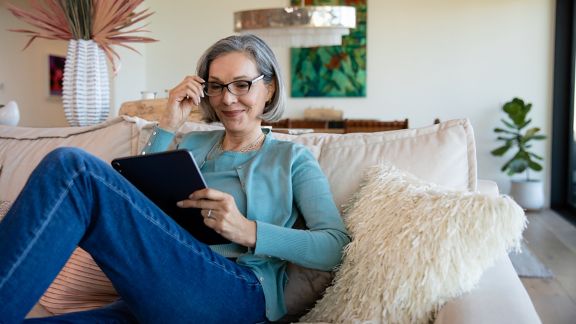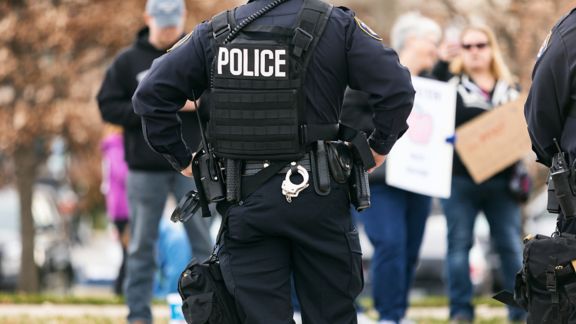Partnering with Social Media Influencers as Messengers to Reduce Vaccine Hesitancy

Problem
HPV vaccination rates declined during the pandemic.
HPV vaccination rates dropped dramatically over the past two years of the pandemic. These decreases may have serious public health implications if they are not reversed. Data shows that HPV vaccination has reduced the number of cases of cervical cancer by 90 percent, but vaccination rates are lower among African American or Black, Hispanic/Latino, and Native American/American Indian communities due to vaccine hesitancy and mistrust in traditional public health messengers.
Despite decades of research investigating ways to reduce vaccine hesitancy, the field of health communication must adapt to understand how social media influencers, a new type of trusted messenger, write about vaccines and how their followers respond to these messages.
Solution
NORC engaged African American or communities of colorBlack, Hispanic/Latino, and Native American/American Indian social media influencers to participate in a messaging study.
NORC's study engaged social media influencers who are and explicitly write for African American or Black, Hispanic/Latino, and Native American/American Indian followers who were also mothers of children ages 9-14 to share evidence-based information about the HPV vaccine.
The study had two aims:
- Understand how to create messages supporting HPV vaccination that reach and resonate with African American or Black, Hispanic/Latino, and Native American/American Indian communities.
- Assess how social media messages and messengers impact trust and vaccine acceptance in African American or Black, Hispanic/Latino, and Native American/American Indian communities.
A total of 10 influencers created social media posts in their own words and language about the HPV vaccine for children using information from a factsheet provided by the study team. Next, influencers recruited their followers to complete a baseline survey, view the post, and immediately complete an endpoint survey. Influencers were also interviewed to better understand their motivations for writing their post, how they framed their messages, and their own experiences and perceptions of HPV and the HPV vaccine.
Result
Our study may reveal insights to help inform HPV vaccine outreach.
Preliminary analysis of interviews with influencers and their social media posts revealed that a few influencers who were initially hesitant to post about HPV vaccination ultimately participated for various reasons, including personal experience with an HPV-related illness.
In their posts, influencers mostly introduced the discussion of HPV in two ways:
- They never imagined they would have to decide on a vaccine like this for their children.
- The vaccine is for children’s health and protection. Influencers were split in presenting the vaccine as a choice versus something parents should do.
The follower survey measured changes in knowledge about the HPV vaccine, attitudes towards the HPV vaccine, and intentions to vaccinate their children. We also captured trust in the influencer, perceptions of the post, and follower demographic characteristics.
Data analysis, including analysis of the follower survey results, is ongoing.







